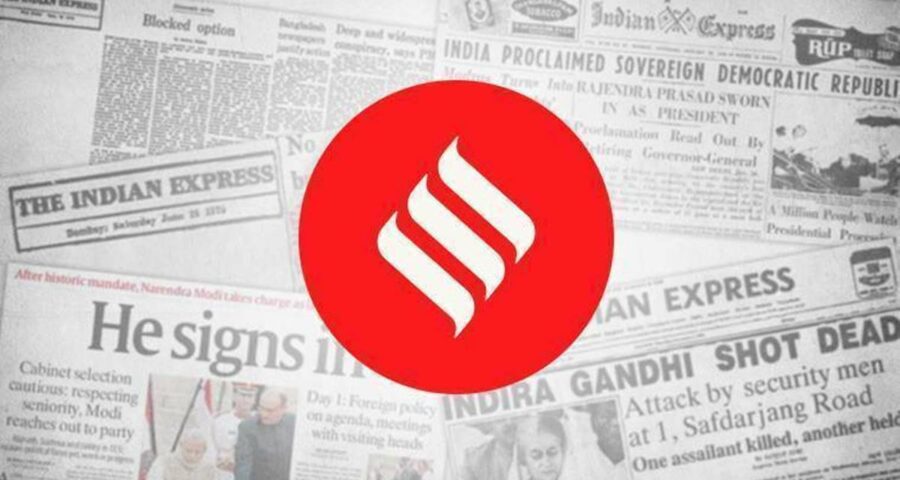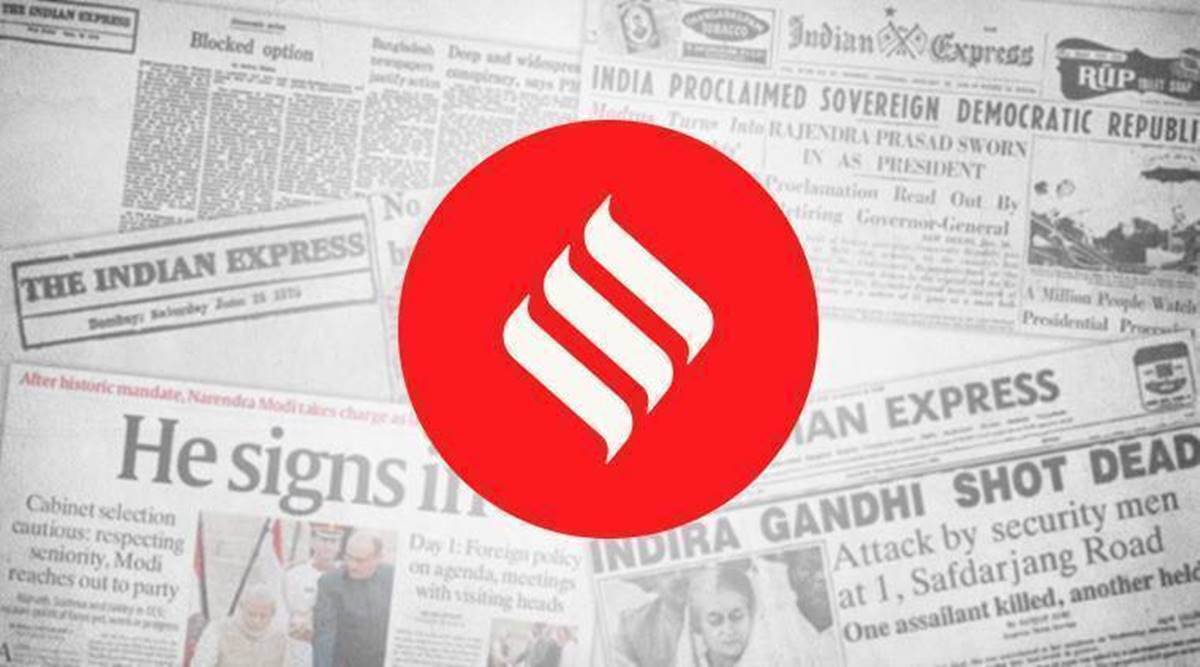Clearance for more vaccines couldn’t have come a day too soon. Now government should smoothen wrinkles on pricing, delivery.
On Tuesday, India’s drug regulator took a significant step in strengthening the country’s arsenal against the surging virus. The Drug Controller General cleared the Sputnik V vaccine for registered emergency use. The regulatory agency’s expert committee had earlier approved the Russian-made vaccine, which will be imported by Dr Reddy’s labs. The inoculation drive also received a shot in the arm with the expert panel recommending fast track approval for vaccines that have passed regulatory scrutiny in US, Europe, the UK and Japan or are listed in WHO’s emergency use inventory. These approvals are welcome in view of the recent reports of vaccine shortage in the country and fears of flagging in the momentum of inoculation that had built up over the past three weeks. The additions to the vaccine mix could help ease the pressure on the Serum Institute and Bharat Biotech to scale up the production of Covishield and Covaxin.
More than 10 crore shots have been administered so far. In terms of numbers, this is no doubt a creditable achievement. But the fact that less than 8 per cent of the country’s population has received at least one shot — the US and the UK, in contrast, have vaccinated close to 50 per cent — means that India’s inoculation drive desperately needs to pick up pace so that a substantial number of people are shielded against the virus, thereby reducing its virulence. To its credit, the government has taken steps to address some of the glitches that hobbled the inoculation portal in the first few weeks. Snags in the CoWin app that prevented some people from keeping their date with the vaccine have been corrected and the portal has responded well to the spurt in the number of people taking the jabs in the last four weeks. The app is reportedly well-equipped to handle the demands that will be posed by the addition of more vaccines. The challenge for the government now is to increase the reach of the vaccines and make the eligibility criteria more expansive.
Last week, the government announced that vaccination centres will operate 24 hours. From Sunday, any workplace, with 100 eligible beneficiaries, can arrange to inoculate their employees by making arrangements with an existing vaccination centre. These are welcome moves — group inoculation is known to be an effective way to reduce vaccine hesitancy. Conversations should now be initiated with employers to find creative ways to shield increasing numbers of the working population against the virus. Administering the shots to shopfloor-level workers of all ages, for instance, could be potent in business recovery. In fact, the Confederation of Indian Traders made a similar suggestion last month. It proposed a cost-sharing model to inoculate “all frontline staff at consumer goods outlets”. With more vaccines in its anti-COVID armoury, the government is now well-placed to give serious thought to such suggestions. The ball is in its court.
Source: Read Full Article


